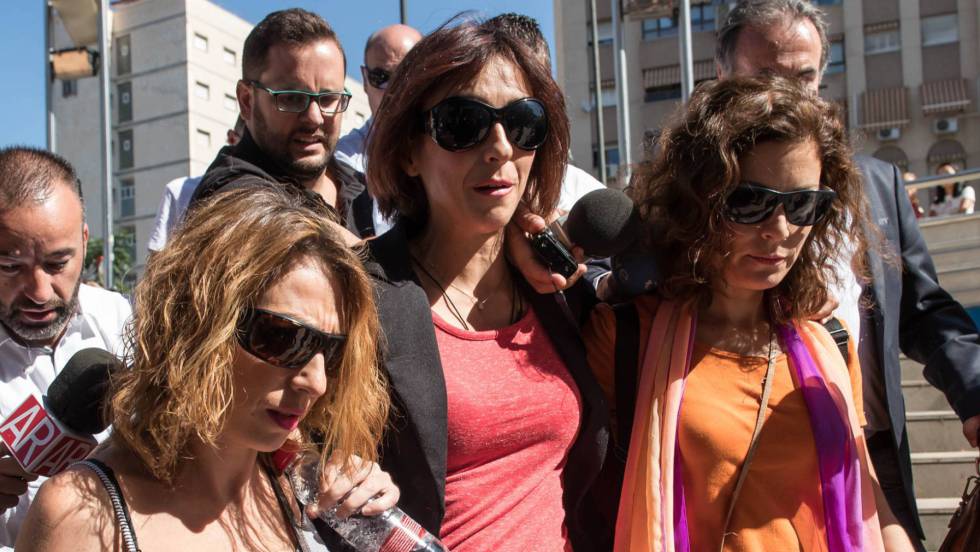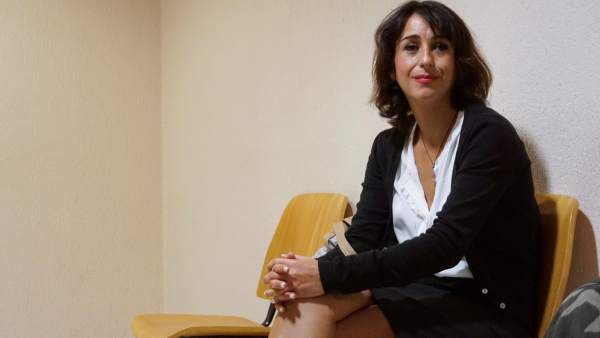A large number of women married to Indians residing abroad are compelled to return to India with their children when the spousal relationship turns sour. The moral minefield embedded in the shifting landscape of marital discord moves to the much complicated terrain of a custody battle. When children are abducted by their own parent, it results in their being traumatised and their parents being destroyed.
The complicated pitfalls of crosscultural relationships, and the inadequacies of international law to serve justice in the interests of the most vulnerable, even makes it tricky for the judiciary to decide such cases. There is a rise in such cases of cross-country battles which often take an ugly shape. Though “abduction” is a strong word for an act by loving parents, but legally speaking that is what it is. Confusingly for children innocently loving both parents, it’s also often the case of parents putting their own needs above those of their children.
Worldwide, about 70 per cent of children are taken by their mothers. Australia witnesses between 250 and 300 children being abducted by a parent. At present, there are about 80 cases where Indian parents have removed a child from the US and brought him or her to India and in some cases where parents have taken the children to the US from India.
In the absence of a domestic law on “inter-parental child abduction” in India, very often children of such NRIs’ who have grown up abroad become silent victims of their parents’ marital dispute when they are forcibly brought back by one of them. Currently, there is no specific Indian legislation addressing issues related to abduction of children from and into India. However, the Law Commission of India had submitted its 218th report titled ‘Need to accede to the Hague Convention on the Civil Aspects of International Child Abduction 1980’ on 30 March 2009, though there has not been much development on this front.
Recently, the Commission has also suggested some modifications in “The Protection of Children (Inter-country Removal and Retention) Bill, 2016”. It recognizes the issue of interspousal child removal on breakdown of diverse family units, in a situation where children are abducted by their own parents to India or to other foreign jurisdictions, in violation of interim/final orders of competent Courts.
In the US and Europe, interparental child abduction is a serious offence where the accused parent can go to jail on charges of abduction. Closer home, Sri Lanka, which is a signatory to the Hague Convention, has framed its own rules that allow the court to decide if a child should be sent back to the country from where he or she was removed.
Hague Convention
Hague Convention is a multilateral treaty which came into existence on 1 December 1983. It seeks “to protect children internationally from the harmful effects of their wrongful removal or retention and to establish procedures to ensure their prompt return to the State of their habitual residence, as well as to secure protection for the rights of access.” It seeks to return children abducted or retained overseas by a parent to their country of habitual residence and for the courts of that country to decide on matters of residence and contact.
The convention applies to any child up to the age of 16 years, who is a habitual resident of any of the contacting states. If the country of destination is a signatory to the Hague convention on the civil aspects of international child abduction, the “left-behind parent”, as they come to be known, can seek legal recourse.
Ninety-four countries are party to this convention and there are procedural rules that apply to the cases including a timeline and how they should be handled. India is not a signatory to the Hague Convention. A country has to have a domestic law in place before it can become a signatory and soon India is going to have a domestic law on it.
India’s stand
According to the Ministry of Women and Child Welfare, the matter of ratifying the Hague Convention was taken up following lobbying by groups in the United States and certain European nations. The pressure from the developed countries to get India to be a signatory to the treaty was based on gender equality and the idea that the father should have equal rights to the child as the mother.
Unfortunately, that doesn’t apply here given the reality of Indian marriages. In some of the cases, husbands have procured orders from US courts which could translate into the woman being arrested the minute she goes back to the foreign country. If the convention is ratified, India has to send the woman and the child back immediately as the act of escaping with the child is treated as abduction. This strips them of the protective cover they have in their own country.
Since India is not a signatory, presently the father has to come to India to take legal recourse in Indian courts if he wants to claim custody of the child.
Judicial Response in India
The Supreme Court had several occasions to deal with such complex emotional issues and it has repeatedly held that repatriation of the child to the foreign land should not (a) cause any moral, physical, social, cultural or psychological harm to the child; (b) cause any legal harm to the parent with whom the child is in India; (c) violate the fundamental principles of human rights and freedoms of the receiving country, i.e., where the child is being held and; (d) considering the child welfare principle, due importance must be given to the primary care-giver of the child.
In the latest case of Surya Vandanan v. State of Tamil Nadu (2015), it has held that primary importance is to decide whether the foreign court has jurisdiction over the child in question if the child is ‘ordinarily resident’ in the foreign court’s territorial jurisdiction and, then the order of the foreign court must be given due weight and respect.
Emotional consequences
Most children who are abducted by a family member suffer tremendous emotional consequences. The parents should prioritise the welfare of the children and the impact on the children due to such action. After Mexico we have more abductions from India than from any other country. The Mexican cases get resolved, the Indian cases don’t.
Unfortunately, women involved in cross-jurisdictional divorces, ‘holiday marriages’ or ‘limping marriages’ have to face additional challenges in the custody battle, which also relate to the problem of jurisdiction, access to judicial recourse and resources. This may be viewed as a bias against the interests of women.
The woman must not be put in a situation where she has to make the impossible choice between her children and putting up with an abusive relationship in a foreign country.
Conclusion
Parental child abduction is a calculated, malicious act committed by a disgruntled spouse/ex-spouse, who may be forum shopping to avoid a fair and timely child custody determination, and who may be in violation of already existing custody orders. This is a violation of a child’s rights as per the law in many jurisdictions. The abducting parent inflicts emotional, psychological pain on the parent left behind without regard to the child’s well being, often with the backing and support of the abductor’s family and legal advisers. Such act deprives the children of parental love and affection, robs them of their family, friends, their home, their identity, and systematically alienates them from a familial atmosphere.
(The author is an Advocate, Supreme Court of India)

